Issa Nodehi
Resource allocation optimization using artificial intelligence methods in various computing paradigms: A Review
Mar 23, 2022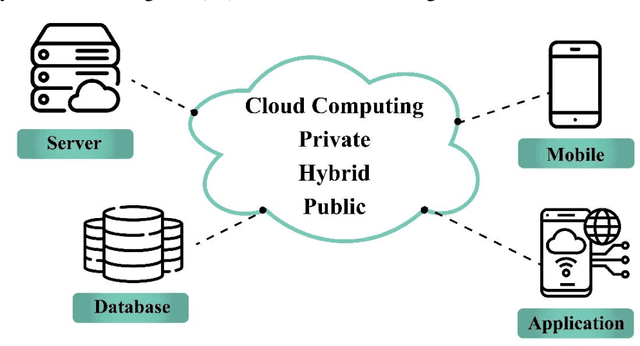
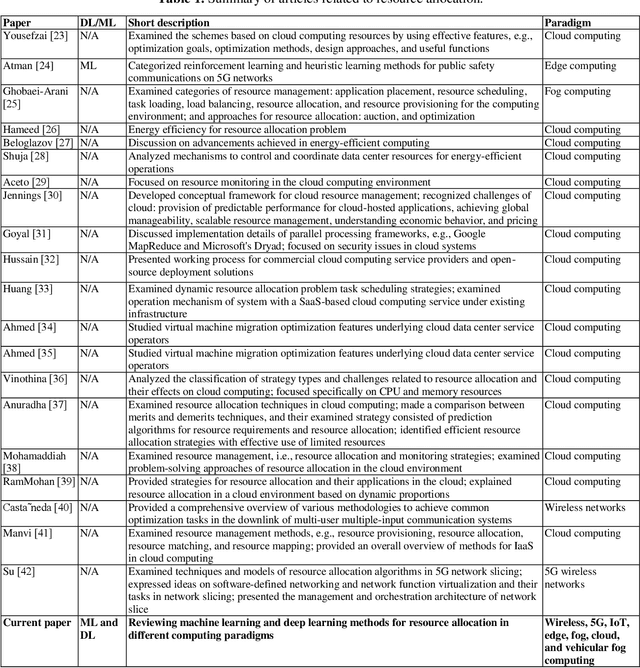
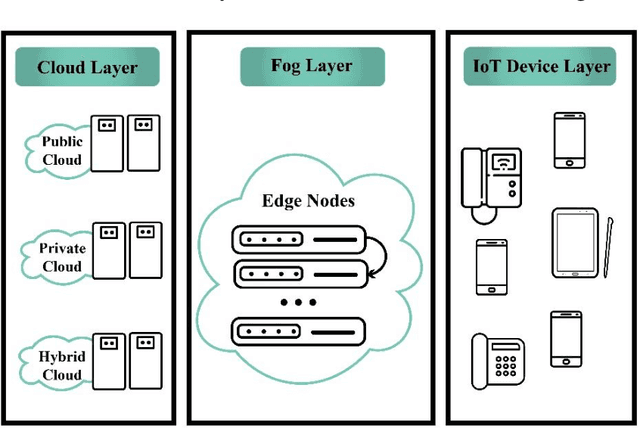
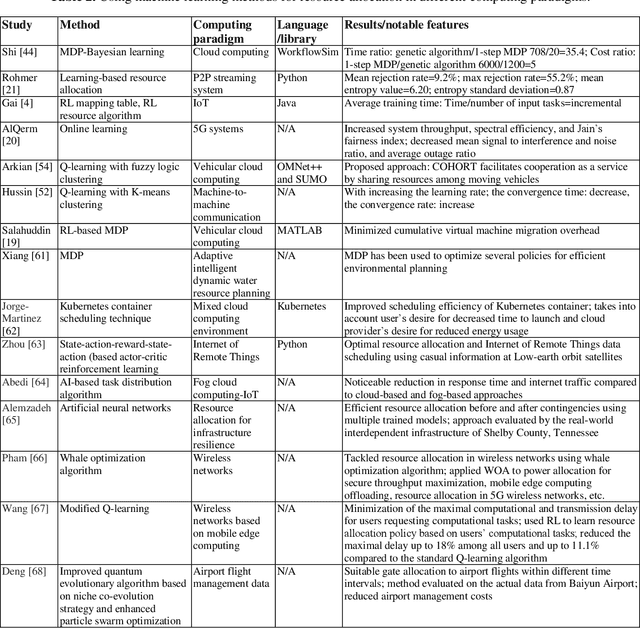
Abstract:With the advent of smart devices, the demand for various computational paradigms such as the Internet of Things, fog, and cloud computing has increased. However, effective resource allocation remains challenging in these paradigms. This paper presents a comprehensive literature review on the application of artificial intelligence (AI) methods such as deep learning (DL) and machine learning (ML) for resource allocation optimization in computational paradigms. To the best of our knowledge, there are no existing reviews on AI-based resource allocation approaches in different computational paradigms. The reviewed ML-based approaches are categorized as supervised and reinforcement learning (RL). Moreover, DL-based approaches and their combination with RL are surveyed. The review ends with a discussion on open research directions and a conclusion.
A Survey of Applications of Artificial Intelligence for Myocardial Infarction Disease Diagnosis
Jul 05, 2021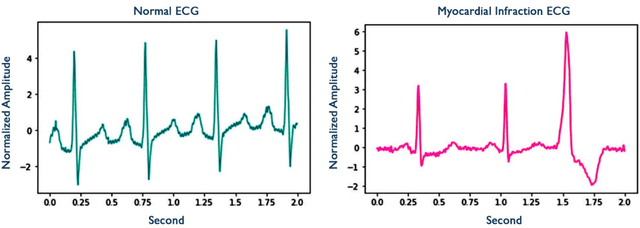


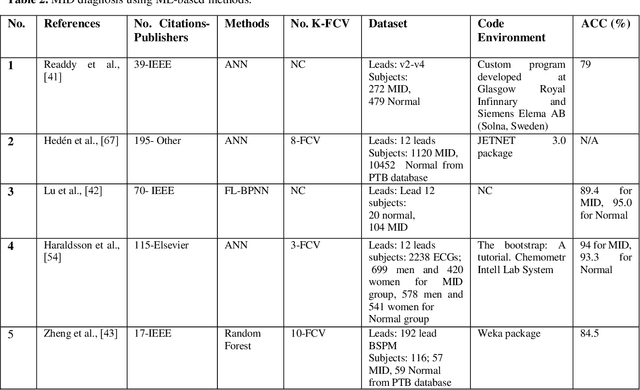
Abstract:Myocardial infarction disease (MID) is caused to the rapid progress of undiagnosed coronary artery disease (CAD) that indicates the injury of a heart cell by decreasing the blood flow to the cardiac muscles. MID is the leading cause of death in middle-aged and elderly subjects all over the world. In general, raw Electrocardiogram (ECG) signals are tested for MID identification by clinicians that is exhausting, time-consuming, and expensive. Artificial intelligence-based methods are proposed to handle the problems to diagnose MID on the ECG signals automatically. Hence, in this survey paper, artificial intelligence-based methods, including machine learning and deep learning, are review for MID diagnosis on the ECG signals. Using the methods demonstrate that the feature extraction and selection of ECG signals required to be handcrafted in the ML methods. In contrast, these tasks are explored automatically in the DL methods. Based on our best knowledge, Deep Convolutional Neural Network (DCNN) methods are highly required methods developed for the early diagnosis of MID on the ECG signals. Most researchers have tended to use DCNN methods, and no studies have surveyed using artificial intelligence methods for MID diagnosis on the ECG signals.
 Add to Chrome
Add to Chrome Add to Firefox
Add to Firefox Add to Edge
Add to Edge